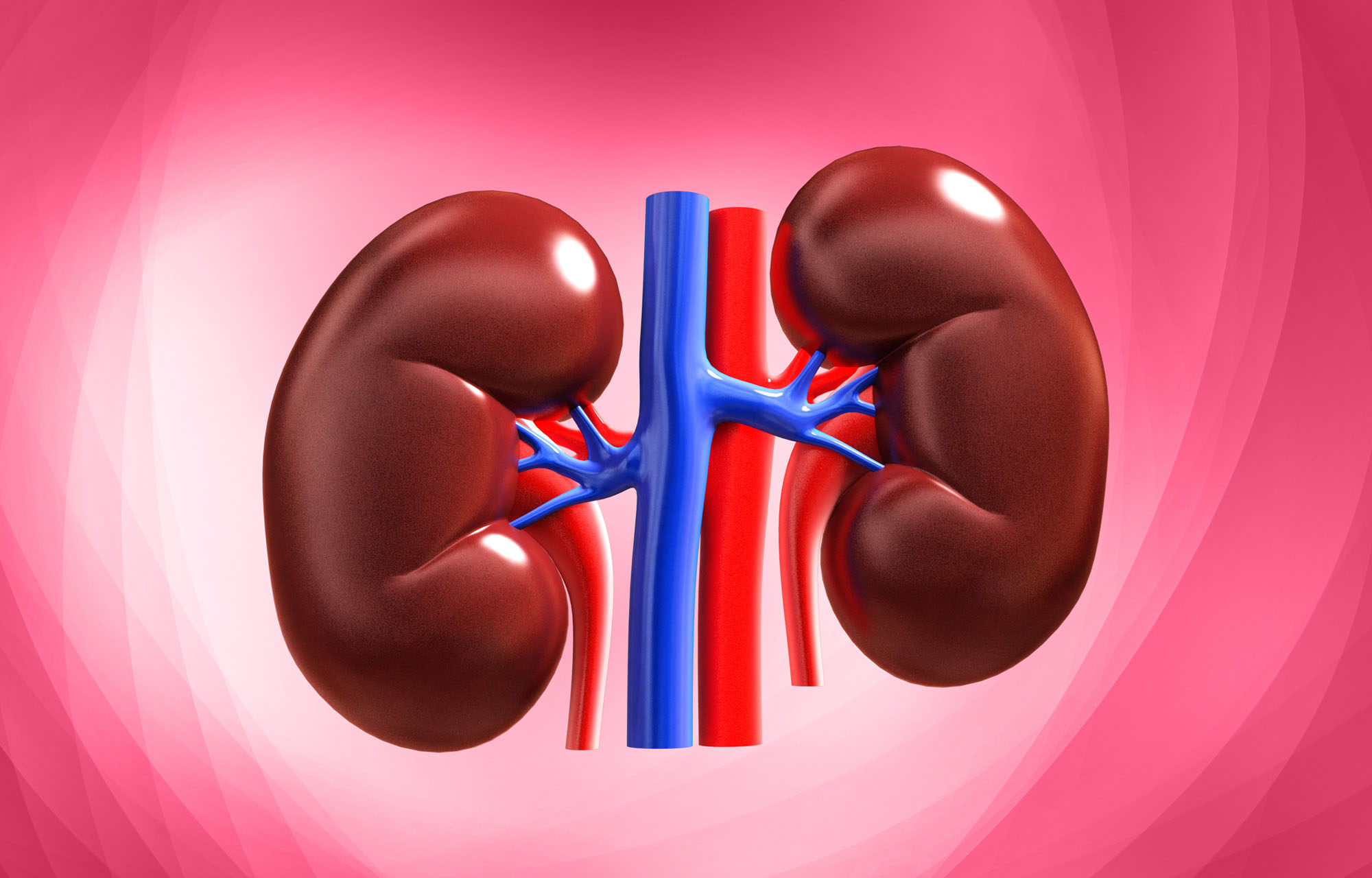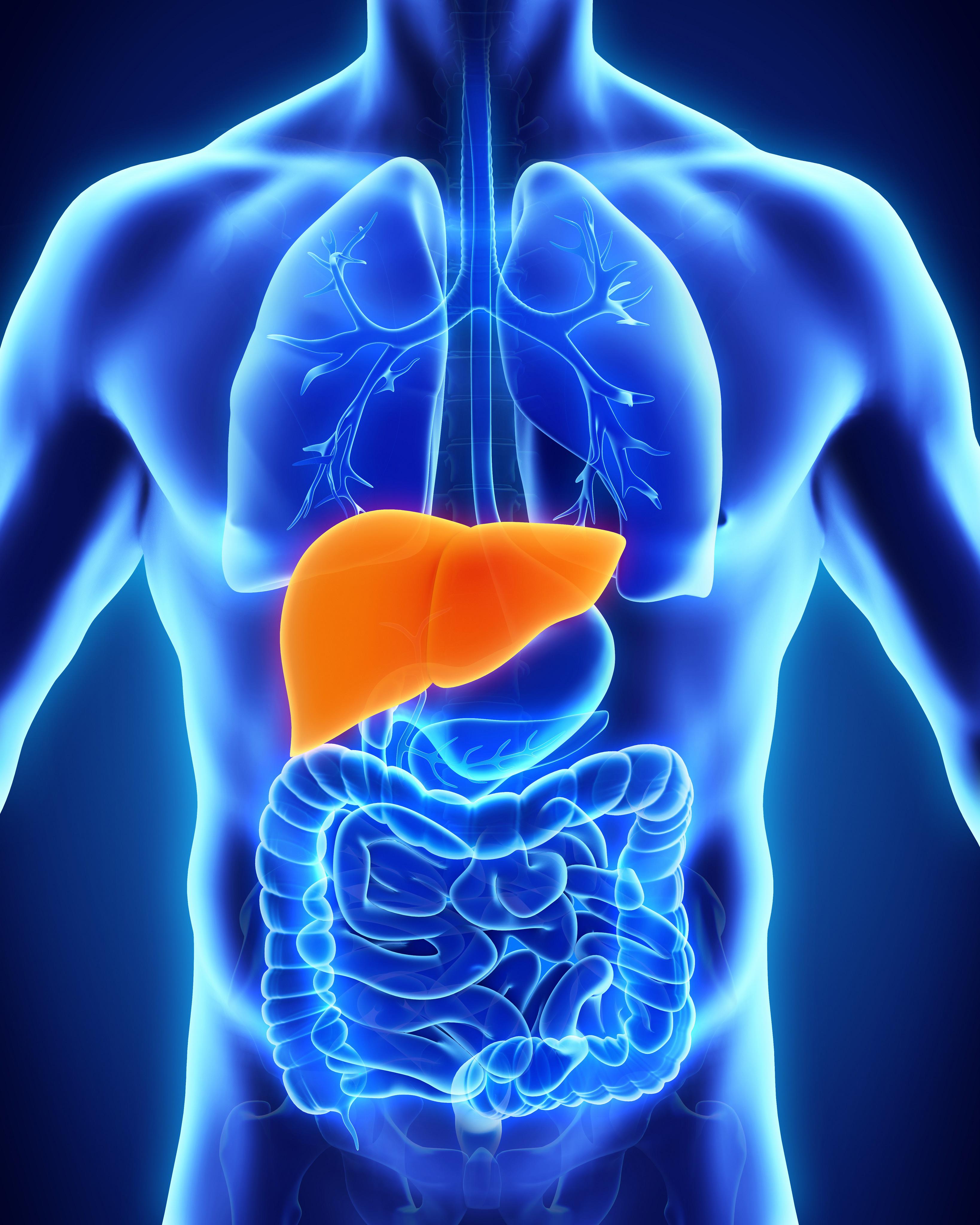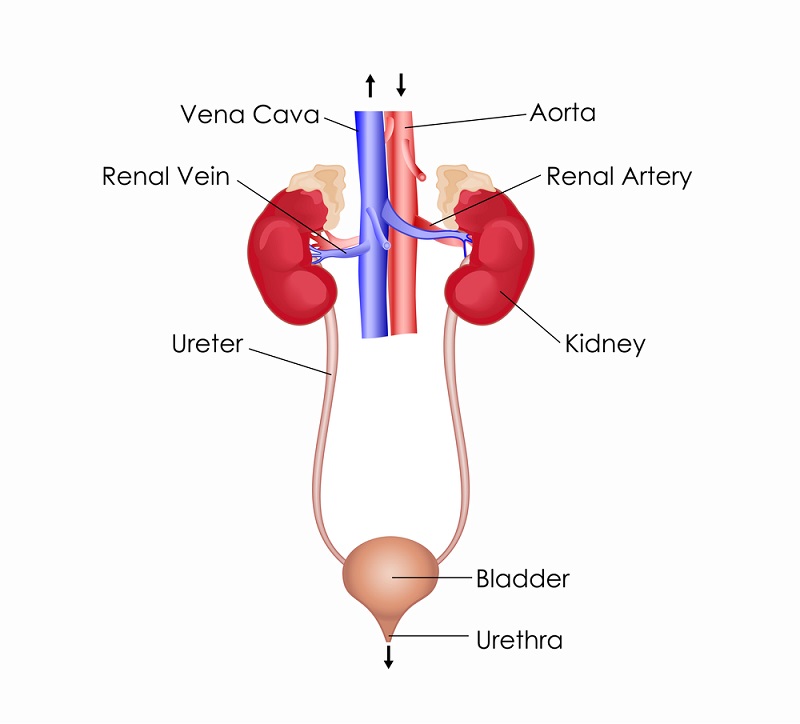The human excretory system, also known as the urinary system, is responsible for removing waste products and maintaining the body’s internal balance. It consists of several organs, including the kidneys, ureters, bladder, and urethra. Together, these organs filter waste materials from the bloodstream, produce urine, and eliminate it from the body. In addition to waste elimination, the excretory system plays a crucial role in regulating electrolyte levels, blood pressure, and the body’s acid-base balance. It also produces hormones like erythropoietin, which stimulates the production of red blood cells.
For readers delving into the intricacies of the human excretory system and interested in broader biological topics, our lipids and animal cell pages serve as insightful references. These resources offer a comprehensive exploration of biological molecules and cellular structures, enriching the understanding of biological systems beyond the excretory system.
An Introduction to the Human Excretory System
The human excretory system is an essential part of our overall health and well-being. It is responsible for removing waste products that are created during the body’s metabolic processes. Without proper excretion, these waste products can build up in the body and cause harm.
What is the Human Excretory System?
The human excretory system is a complex network of organs that work together to remove waste products from the body. The primary organ of the excretory system is the kidney, which filters waste products from the blood and produces urine. The urine is then transported through the ureters to the bladder, where it is temporarily stored until it is eliminated from the body through the urethra.
Excretory System Organs
The human excretory system consists of several organs that work together to remove waste products from the body. These organs include:
Kidneys
The kidneys are two bean-shaped organs located in the lower back, on either side of the spine. They are responsible for filtering waste products and excess substances, such as urea, creatinine, and excess salts, from the blood. The kidneys also regulate blood pressure and the concentration of ions in the blood.

Ureters
The ureters are small tubes that connect the kidneys to the bladder. They transport urine from the kidneys to the bladder, where it is temporarily stored until it is eliminated from the body.
Bladder
The bladder is a muscular sac-like organ that stores urine until it is eliminated from the body. It expands and contracts, allowing it to hold varying amounts of urine. When the bladder is full, it signals the brain, and the muscles in the bladder contract, forcing urine out of the body through the urethra.
Urethra
The urethra is a tube that carries urine from the bladder to the outside of the body during urination. In males, the urethra also serves as the passageway for semen during ejaculation. In females, its sole function is urine elimination.
Liver
Although not traditionally considered part of the excretory system, the liver plays a vital role in the elimination of waste products. It detoxifies and breaks down various chemicals and toxins that enter the body. It also converts ammonia, a toxic waste product, into urea, which is then excreted by the kidneys.

Large Intestine
The large intestine, or colon, is responsible for transporting waste materials through the body and expelling indigestible parts at the other end. It also plays a role in the excretion of specific metabolic wastes.
Skin
The skin is the largest organ of the body and serves as a secondary excretory organ. Sweat glands in the skin secrete sweat or perspiration, which helps regulate body temperature. Sweat also contains small amounts of waste products, such as urea, that are excreted from the body.
Lungs or Gills
The lungs or gills are responsible for the elimination of carbon dioxide, a waste product of cellular respiration. They exchange carbon dioxide for oxygen during the process of respiration.
Excretion in Humans
The process of excretion in humans involves several stages, including filtration, reabsorption, secretion, and micturition.
Filtration
Filtration is the first stage of urine formation and takes place in the glomerulus, a network of capillaries in the kidneys. Blood is filtered under high pressure, and water, ions, glucose, and waste products are forced out of the blood and into the Bowman’s capsule, forming a liquid called the filtrate.
Reabsorption
Reabsorption is the process by which essential substances, such as water, glucose, and ions, are reabsorbed from the filtrate back into the bloodstream. This occurs primarily in the proximal convoluted tubule of the nephron. Reabsorption helps maintain the body’s internal balance by retaining necessary substances and preventing their loss through urine.
Secretion
Secretion is the process by which certain substances, such as hydrogen ions and drugs, are transported from the bloodstream into the renal tubules. This helps eliminate additional waste products and maintain the body’s acid-base balance.
Micturition
Micturition, or urination, is the final stage of the excretion process. When the bladder is full, it sends signals to the brain, which then initiates the micturition reflex. The muscles in the bladder contract, and the urinary sphincters relax, allowing urine to flow out of the body through the urethra.
Functions of the Human Excretory System
The human excretory system performs several vital functions in the body, including:
- Removing metabolic waste products like urea and creatinine from the body
- Regulating water levels by adjusting urine concentration
- Maintaining proper levels of ions like sodium, potassium, and calcium
- Controlling blood pressure through the renin-angiotensin-aldosterone system
- Helping maintain the body’s pH levels within a narrow range
- Producing erythropoietin to stimulate red blood cell production
- Clearing drugs and toxins from the bloodstream
- Adjusting urine concentration to match hydration levels
- Filtering the blood to remove waste products and excess substances
- Temporarily storing urine in the bladder and expelling it through the urethra during urination
Excretory System Structure
The excretory system in humans is composed of several organs that work together to remove waste products from the body. These organs include the kidneys, ureters, bladder, and urethra. The kidneys are the primary organs responsible for filtering waste products from the blood and producing urine. The ureters carry urine from the kidneys to the bladder, where it is stored until it is eliminated from the body through the urethra.

Excretory System Diseases
Several diseases can affect the excretory system, including:
- Kidney stones: Hard deposits of minerals that can block the urinary tract, causing intense pain.
- Urinary tract infections (UTIs): Bacterial infections affecting the bladder (cystitis) or kidneys (pyelonephritis).
- Chronic kidney disease (CKD): Gradual loss of kidney function, often linked to conditions like diabetes and hypertension.
- Renal failure: Complete loss of kidney function, requiring dialysis or transplantation for survival.
- Glomerulonephritis: Inflammation of the kidney’s filtration units, leading to protein and blood in the urine.
Dialysis Process
Dialysis is a medical treatment for individuals with kidney failure. It involves the removal of waste products and excess fluids from the bloodstream when the kidneys are no longer able to perform this function adequately. There are two primary types of dialysis: hemodialysis and peritoneal dialysis. Hemodialysis uses a machine to filter blood outside the body, while peritoneal dialysis uses the lining of the abdomen as a natural filter. Dialysis helps manage kidney failure but is not a cure, often requiring lifelong treatment.
Importance of the Human Excretory System
The human excretory system is vital for maintaining internal balance and eliminating waste products from the body. Without proper excretion, waste products can build up in the body and cause harm. The excretory system also helps regulate blood pressure, electrolyte levels, and the body’s acid-base balance. It plays a crucial role in overall health and well-being.
Solved Examples on the Human Excretory System with Detailed Answers
Example 1: Describe the process of glomerular filtration in the human excretory system.
During glomerular filtration, blood enters the glomerulus, a tuft of capillaries located in the kidney. Blood pressure forces water, ions, glucose, and waste products out of the blood and into the Bowman’s capsule, forming a liquid called the filtrate. This filtrate has a similar composition to blood plasma and contains water, ions, glucose, and waste products. The pressure that drives this filtration process is known as glomerular filtration pressure. It is determined by the balance between the blood pressure in the glomerulus and the opposing forces that push fluid back into the capillaries.
Example 2: Explain the process of tubular reabsorption in the human excretory system.
During tubular reabsorption, essential substances such as water, glucose, and ions are reabsorbed from the filtrate back into the bloodstream. This process occurs primarily in the proximal convoluted tubule of the nephron. The reabsorption of these substances is crucial for maintaining the body’s internal balance. Water reabsorption occurs passively, driven by osmosis, while the reabsorption of ions and other solutes occurs through active transport mechanisms. The reabsorption process helps prevent the loss of vital substances and ensures their retention in the body.
Example 3: Describe the process of micturition in the human excretory system.
Micturition, also known as urination, is the final step in the excretion process. When the bladder is full, it sends signals to the brain, which then initiates the micturition reflex. The muscles in the bladder contract, and the urinary sphincters relax, allowing urine to flow out of the body through the urethra. Micturition is a voluntary process, meaning it can be controlled to some extent. However, there are also involuntary reflexes involved in the micturition process, ensuring that urine is expelled from the body when necessary.
How Kunduz Can Help You Learn the Human Excretory System?
At Kunduz, we understand the importance of a comprehensive understanding of the human excretory system. That’s why we offer a range of educational resources, including articles, videos, and interactive tools, to help you learn and master the concepts related to the excretory system. Our user-friendly platform provides access to high-quality content that is tailored to your learning needs. Whether you’re a student, educator, or simply interested in expanding your knowledge, Kunduz is here to support your educational journey. Join us today and unlock your potential in understanding the human excretory system.
